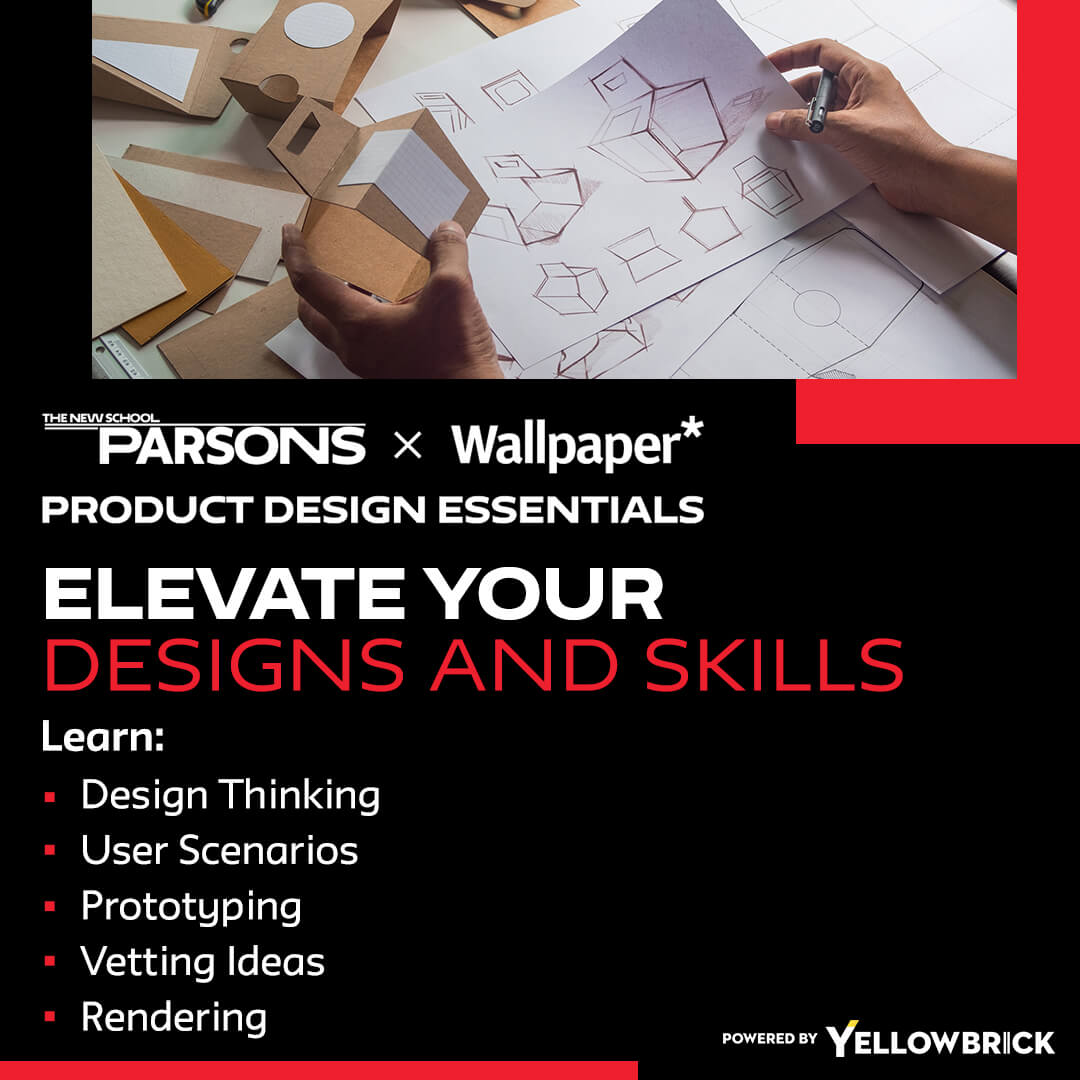Soft Skills Play an Important Role in UX and UI Design

“In some ways the soft skills are more important for designers than the hard skills,” Daphne Lin points out. “Because software always changes. You’re always going to have to learn some new technology to design a thing. The apps that we were using to design five years ago are different from what I’m using today. But the soft skills will get you so much further, because your role is such a collaborative role, and you need teamwork to implement designs.”
“As a designer, communication is so important,” she continues. “The ability to empathize and put yourself in other people’s situations is important. Facilitation … is a growing and equally important skill, because you have to get people into a room, gather data, information, and make decisions together, especially in this day and age. Remote facilitation, that’s also huge. You need to present your ideas in a compelling way, tell a story.” She adds that the more you can achieve all those things, the more likely it is that your concepts will be implemented in UX design.
“The main three soft skills are communication, empathy, and organization,” says Tiago Valente. “Communication: It is crucial that you have an ability to communicate in a way that is clear and efficient, not only within your team but also when you’re conducting surveys, when you’re interviewing people, when you’re interacting with the UI designers, and when you interact with the developers and stakeholders and even the product manager, when they are briefing you.”
He stresses that communication is not only how we express ourselves verbally and nonverbally, but also our ability to listen and understand. Communication is a two-way street, and I’m sure you’ve been working on it.
Valente continues, “Empathy is a great, important, capital letters, key skill. And empathy is so important because in the process of user research, when you’re talking to all these people, when you’re interviewing them, you need to have an ability to identify their needs, their pain points. Empathy will give you the superpower to place yourself in the shoes of your users and to understand them better, and to humanize the personas that you will create after the user research stage.”
As for the third soft skill, he says, “Organization is key. You will be handling an incredibly large amount of information that needs to be properly organized. Organization walks hand-in-hand with communication. When you have not only the data that you will be receiving from your user research and the inputs during your usability testing process, organization is very important for site maps, for labeling information, and for keeping the information architecture clear and in a good place.”
Communication, empathy, and organization are all skills you can develop and practice through online UX design education.


